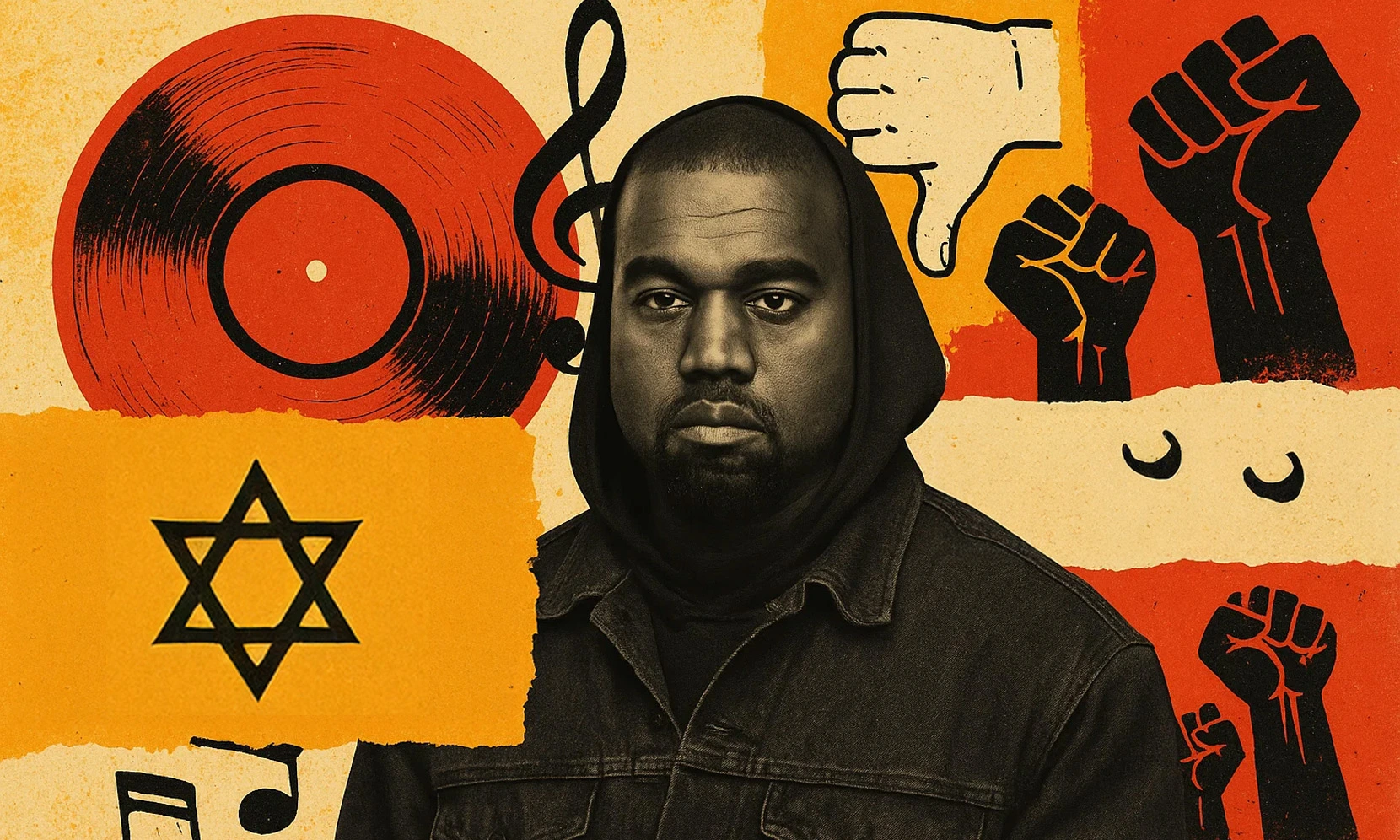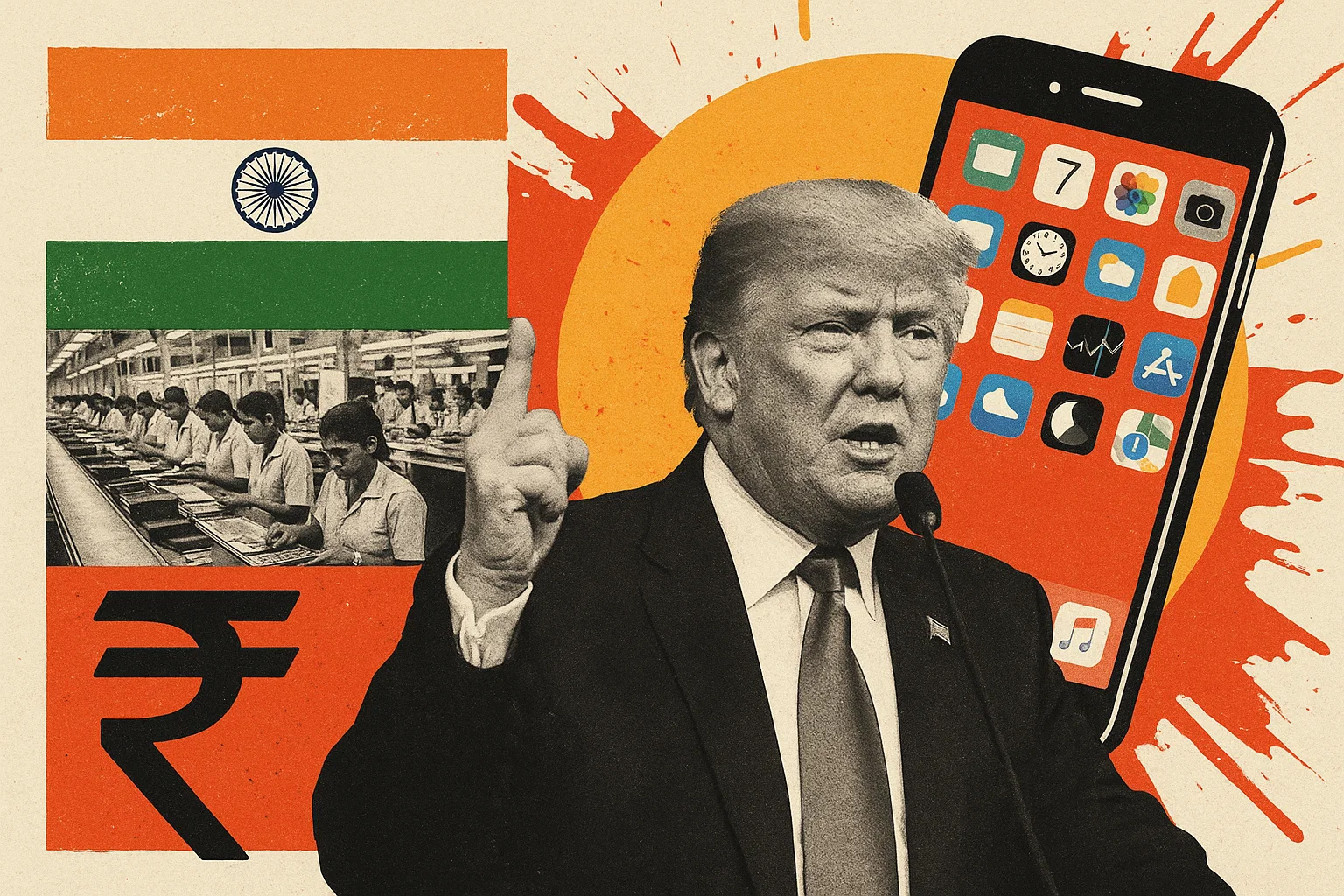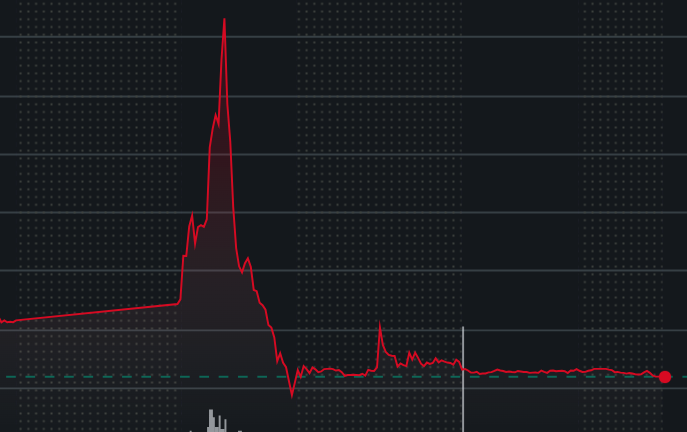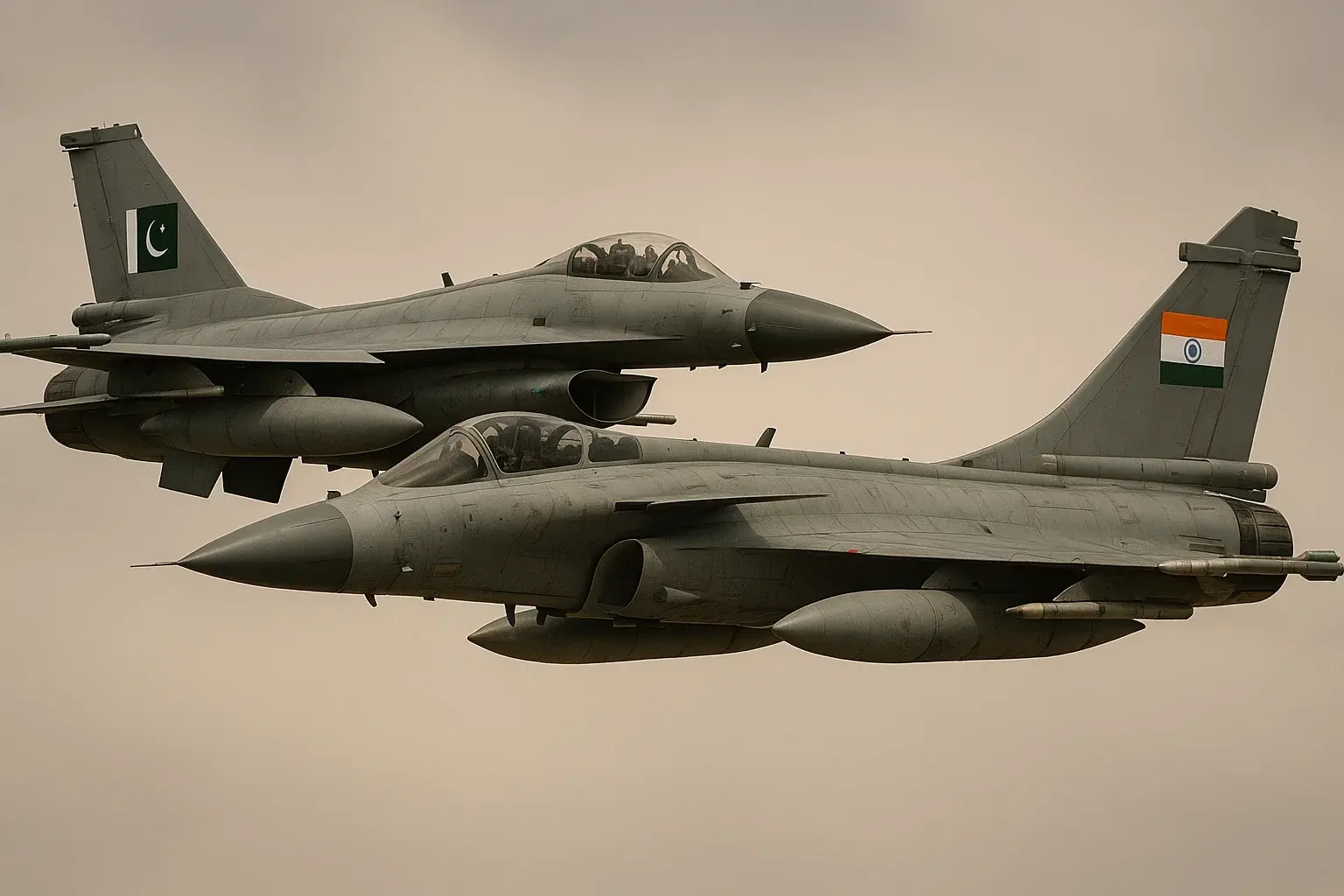Indian Tourist Boycott of Turkey in 2025: Impact Analysis and Tourism Outlook

In May 2025, Indo-Pakistani tensions spilled into tourism when Turkey (and close ally Azerbaijan) publicly backed Pakistan’s stance against India. This prompted outrage among Indian travelers and a surge of calls on social media to boycott travel to Turkey. Hashtags like #BoycottTurkey and #BoycottAzerbaijan trended in mid-May as many Indians vowed to cancel their trips as a show of patriotism. Indian netizens even circulated alternative vacation suggestions like Greece or Armenia in lieu of Turkey. The backlash quickly moved from online sentiment to real-world action, with numerous Indian tourists reportedly scrapping Turkey holiday plans.
Wave of Cancellations and Industry Response
Indian travel companies and airlines immediately felt the effects. Major online travel agencies saw an unprecedented spike in trip cancellations for Turkey. MakeMyTrip reported a 250% surge in cancellations within a week, alongside a 60% plunge in new bookings for Turkey and Azerbaijan. EaseMyTrip noted that 22% of existing Turkey bookings were canceled almost overnight. Other operators like Cleartrip, Cox & Kings, and Ixigo suspended fresh Turkey packages. Some agencies even advised avoiding non-essential travel to Turkey “out of respect for our armed forces.” All in all, Turkey bookings from India collapsed by an estimated 80%, especially in premium travel niches like luxury holidays and destination weddings.
Indian social media was filled with stories of patriotic cancellations. One viral post described a Mumbai family canceling their Turkey vacation after their child asked why they would visit a country “joining hands with India’s enemy.” Even Indian carriers like IndiGo were criticized for maintaining codeshare routes with Turkish Airlines. In response, Turkey’s tourism officials issued a public statement welcoming Indian travelers and stressing that everyday Turkish people are uninvolved in geopolitics. The response received mixed reactions.
Indian Tourist Arrivals: 2024 vs 2023
India had become one of Turkey’s fastest-growing tourism markets before the boycott. Approximately 330,000 Indian tourists visited Turkey in 2024, up from 274,000 in 2023—a 20.7% rise. In pre-COVID 2019, Indian arrivals stood around 230,000. Early 2025 looked promising, with strong booking momentum. By spring 2024, Indians were flocking to destinations like Istanbul, Cappadocia, and Antalya, often posting viral vacation photos that fueled interest back home. Summer travel and destination weddings were peaking when the boycott began. While official 2025 data will take months to reflect, early estimates point to a sharp seasonal dip in Indian arrivals.
Importance of Indian Tourism to Turkey
India is not yet a top-three source of tourism for Turkey (those are Russia, Germany, and the UK), but Indian travelers are high-value visitors. They contributed around ₹4,000 crore (~$480 million) to Turkey’s economy in 2024 through flights, hotels, sightseeing, and events. Destination weddings, luxury packages, and MICE tourism had created a booming mini-industry, supporting up to 60,000 Turkish jobs. However, Indian tourists still represented less than 1% of Turkey’s total 62 million international visitors in 2024. So while the boycott hits niche sectors hard, it barely touches the broader economy.
Official and Media Reactions in Turkey
Turkish tourism officials have been diplomatic in their response. Beyond reaffirming their hospitality to Indians, they have stayed measured. Behind the scenes, Turkey is working to repair its image in India with targeted campaigns and cultural outreach. Turkish tourism boards had already been marketing heavily to Indian audiences and are expected to double down. The view within Turkey is that the boycott is a temporary setback—not a structural collapse.
Resilient Tourism Outlook for Turkey
Turkey’s tourism industry is massive and rising. 2024 was a record-breaking year with 62 million visitors and $61 billion in revenue. For 2025, Turkey is targeting 65 million tourists and $64 billion in income. Growth is being driven by strong demand from Europe, Russia, the Gulf, and China. Chinese arrivals jumped 65% in 2024, while the U.S. market also grew by 8%. These gains far outweigh the temporary loss of a few hundred thousand Indian tourists. Analysts agree that the Indian boycott will not derail Turkey’s tourism momentum or overall revenue. Turkish officials remain focused on diversification, premium offerings, and new markets. Early booking data for summer 2025 already shows strong interest from German, Russian, and European travelers.
Conclusion: Boycott Bites, But Turkey’s Tourism Still Booms
The Indian boycott of Turkey, sparked by Ankara’s support for Pakistan in the latest Indo-Pak escalation, has undeniably caused a short-term dent—particularly in high-spending segments like destination weddings and premium travel. Indian cancellations spiked, bookings plummeted, and travel agencies across India echoed the outrage. But while India was one of Turkey’s fastest-growing tourist sources, it still made up less than 1% of total arrivals.
Turkey welcomed over 62 million tourists in 2024, and even with Indian travel slumping in May 2025, it’s still on pace to break that record. Rising visitor numbers from Europe, the Gulf, China, and Russia are filling the gap. In pure numbers: while ~330,000 Indians visited Turkey in 2024, early projections suggest a potential 60–80% drop in Indian tourists this summer due to the boycott.
Yet all signs show that Turkey’s tourism sector remains resilient and rising. The Turkish government is focused on growth, diversification, and soft diplomacy—and remains ready to welcome Indian travelers back when emotions cool.
The Marginfall Take
India sent 330,000 tourists to Turkey in 2024. That number may fall sharply in 2025—but Turkey is still expected to surpass 65 million global tourists this year. The message is clear: Turkey’s tourism crown isn’t coming off anytime soon.












